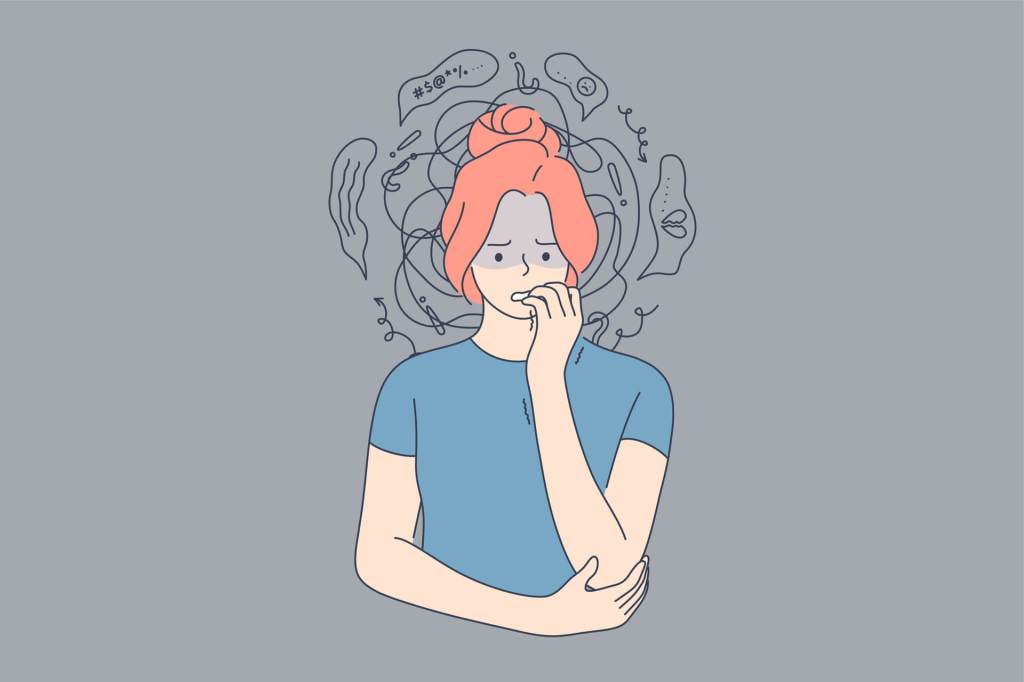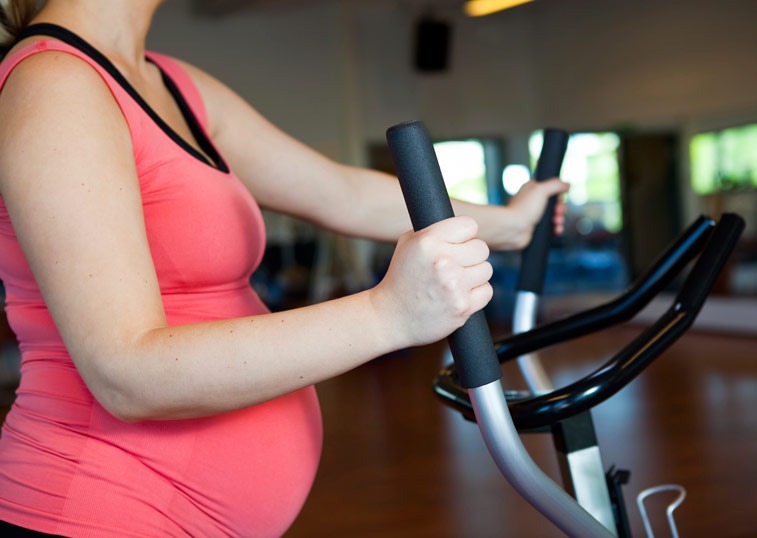A couple months ago it came to my attention that there was something wrong. I was often feeling grumpy, irritated, stressed, and a bit depressed. It was easy to blame it on so many things, but the truth is, it was my attitude – it sucked!
I got into a state of negativity -The kitchen in my apartment is too small, only having two days off a week isn’t enough, my friends rarely contact me, the world is messed up, I want to make more money. I was even getting mad at the fact that I wasn’t progressing as much as I thought I should be in the weight room, comparing myself to complete strangers on social media whom I know nothing about!
Thankfully, it hit me. Why the hell am I being so ungrateful? So many people on this earth struggle a lot more than I ever have, have so much less, or nothing at all. Yet, here I am wasting my energy focusing on what I don’t have or can’t do. Not only am I wasting my energy, its negatively affecting my mental health, which in turn can poorly affect my physical health.
It sounded kind of cheesy at first, but I told myself that I was going to start practicing gratitude. Try to be grateful for the things that I do have, the simple things in life that some of us stop paying attention to and appreciating, the things I’ve stopped appreciating.
I decided to do a bit of research about gratitude and came across some interesting information about how gratitude has been associated with reduced physical symptoms including reduced headaches, muscle fatigue, and feelings of nausea (Emmons & McCullough, 2003) as well as better cardiovascular health (Jackowska et al., 2016; Mills et al., 2015). Gratitude has also been found to reduce feelings of social isolation (Frinking et al., 2020) and enhance social relationships (O’Connell et al., 2017). It has also been correlated with lower loneliness, lower perceived stress, and lower depression (Gallagher et al., 2021; McCanlies et al., 2018).
So, what exactly is gratitude? Gratitude is an emotion similar to appreciation. The American Psychological Association (n.d.) more specifically defines this phenomenon as a sense of happiness and thankfulness in response to a fortunate happenstance or tangible gift.
I think a lot of us, including myself, sometimes see material possessions and our health as expectations instead of gifts, or blessings if you will. Often times it’s not until something or someone is taken away from us do we see the true value it/ they held. Learning to be more grateful for simple things such as waking up in the morning, a warm breeze on your skin, the smell of your dinner, or the love of a friend or family member is so important. I started to lose sight of this.
Now, I know considering the misfortunes of others should not belittle your own problems, and if you’re in a situation that’s causing you anguish you must take the steps towards positive change and not become complacent. However, if like me, you find yourself in a whirlwind of negative thinking, I invite you to try practicing gratitude.
References:
Emmons, R. A., McCullough, M. E., & Tsang, J.-A. (2003). The assessment of gratitude. In S. J. Lopez & C. R. Snyder (Eds.), Positive psychological assessment: A handbook of models and measures (pp. 327–341). American Psychological Association. https://doi.org/10.1037/10612-021
Esther Frinking, Lilian Jans-Beken, Mayke Janssens, Sanne Peeters, Johan Lataster, Nele Jacobs & Jennifer Reijnders (2020) Gratitude and loneliness in adults over 40 years: examining the role of psychological flexibility and engaged living, Aging & Mental Health, 24:12, 2117-2124, DOI: 10.1080/13607863.2019.1673309
Gallagher, S., Creavan, A., Siobhan, H., Ginty, A., Whittaker, A. (2021). Gratitude, social support and cardiovascular reactivity to acute psychological stress. Biological Psychology. https://doi.org/10.1016/j.biopsycho.2021.108090
Jackowska M, Brown J, Ronaldson A, Steptoe A. The impact of a brief gratitude intervention on subjective well-being, biology and sleep. Journal of Health Psychology. 2016;21(10):2207-2217. doi:10.1177/1359105315572455
McCanlies EC, Gu JK, Andrew ME, Violanti JM. The effect of social support, gratitude, resilience and satisfaction with life on depressive symptoms among police officers following Hurricane Katrina. International Journal of Social Psychiatry. 2018;64(1):63-72. doi:10.1177/0020764017746197
Mills, P. J., Redwine, L., Wilson, K., Pung, M. A., Chinh, K., Greenberg, B. H., Lunde, O., Maisel, A., Raisinghani, A., Wood, A., & Chopra, D. (2015). The role of gratitude in spiritual well-being in asymptomatic heart failure patients. Spirituality in Clinical Practice, 2(1), 5–17. https://doi.org/10.1037/scp0000050
O’Connell, B., O’Shea, D., Gallagher, S. (2017). Feeling Thanks and Saying Thanks: A Randomized Controlled Trial Examining If and How Socially Oriented Gratitude Journals Work. Journal of Clinical Psychology. https://doi.org/10.1002/jclp.22469



Leave a comment